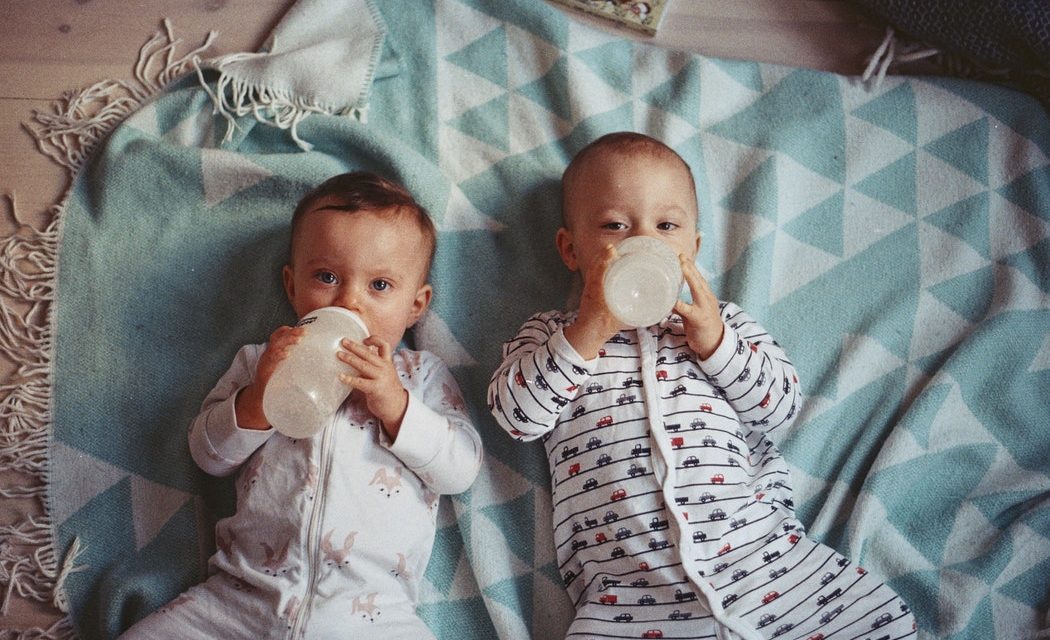Baby bottle tooth decay is caused by exposure of a child’s teeth to liquids that contain sugars for prolonged periods of time. Acids are produced by bacteria that feed on the sugars in milk, fruit juices, baby formula, sodas and other drinks that contain sugars, and these acids can damage your baby’s teeth and gums and cause decay.
A baby’s permanent teeth are already present in their jawbone from an early age and their baby teeth also act as placeholders for their spacing. You may think that baby teeth are not that important since they will fall out anyway, however, losing them prematurely can cause many problems. Among these are difficulties with eating, proper speech, and misalignment or damage to the permanent teeth. Additionally, decay can cause infection and pain.
However, baby bottles are not the only cause. Pacifiers that have been dipped in honey, sugar or other sweeteners and even prolonged breastfeeding can create risks as the sugars sit in their mouth while they sleep. Saliva helps to wash away sugars, but while we sleep saliva flow decreases.
Therefore, reducing the risks can be accomplished with some simple steps. After each feeding, clean and massage your baby’s gums with a clean and moist washcloth or gauze. This can also help your baby with teething. When teeth begin to appear, a soft toothbrush and water can help remove plaque. Your baby’s first dental visit should be between the ages of six months to a year old. At that time the dentist can advise you about the proper time to begin using toothpaste and other oral hygiene tips.
Limiting sugars and acids can be achieved in your baby’s diet by limiting juices, especially citrus, avoiding sodas, and by diluting juices with water. However, your pediatrician can best advise you on a healthy and nutritious diet for your child.
The symptoms of decay may vary based on severity from white spots on teeth to brown or black ones, swollen or bleeding gums, fever, irritability, or bad breath. Of course, if any of these symptoms appear, typically the earlier they are addressed, the better.
Although most babies don’t begin to get teeth until they are about six months old, their dental care is important right from the very start, as baby teeth that are healthy will usually result in healthier permanent teeth. Moreover, good hygiene that begins early and can help to create healthy dental habits throughout your child’s life.
If would like more information about the care of your child’s teeth, Dr. Heidi Finkelstein and her caring staff at My Plantation Dentist can help. To schedule your appointment, please contact us today at 954-584-1030.




